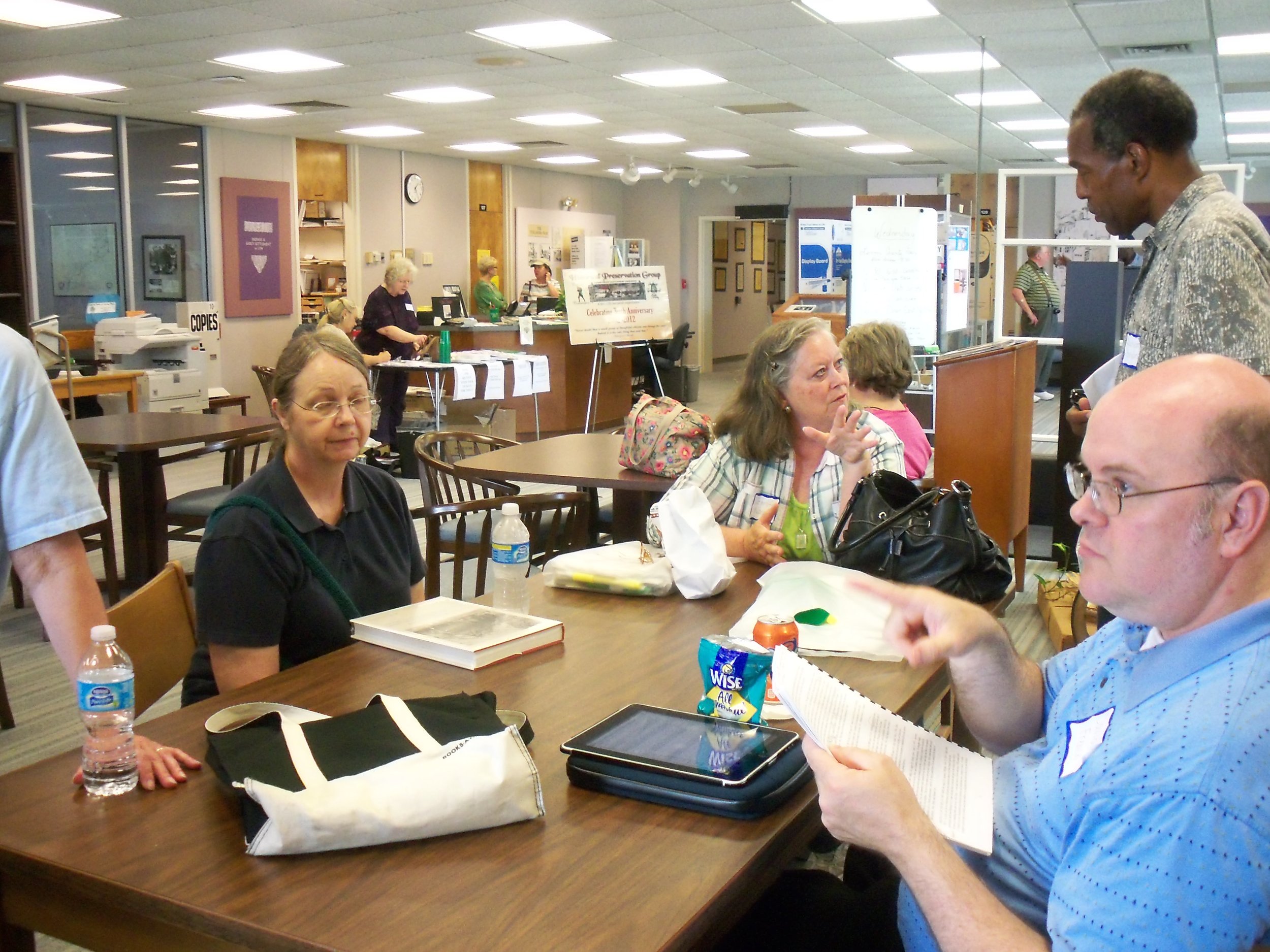Reece Gardner: What is going to be your last conscious thought?
I am sure that most of us have had some experience with hospice and have witnessed first-hand the love and compassion shown by that agency toward people who are in the process of saying their last earthly good-byes.
A few years ago, I shared with you some remarks made by Kerry Egan, a chaplain in Massachusetts, about her first-hand experience in this field, and I want to expand on that today.
Here is some of what she said: “I visit people who are sick and dying, and they talk mostly about their families — about their mothers and fathers, husbands and wives, sons and daughters. They talk about how they learned about what love is and what it is not."
Egan then shared these experiences: "I have seen true expressions of love — A husband gently washing his wife's face with a cool washcloth, cupping the back of her head in his hand because she is too weak to lift it from the pillow; a daughter spooning pudding into the mouth of her mother, a woman who has not recognized her in years; grieving parents bravely saying good-bye to a child stricken suddenly and unexpectedly; a wife tearfully arranging the pillow under the head of her husbands no-longer-breathing body as she helps the undertaker lift him onto the waiting stretcher."
Egan also pointed out that love is sometimes imperfect, and that some in hospice tell her about how hurt they are at having been abandoned by loved ones. Still others talk about how they now regret having treated someone unfairly, or about how a drinking problem destroyed their family, or about failing to care for someone who had especially needed care.
But when love is imperfect, something else can be learned: forgiveness. The spiritual work of being human is learning how to love and how to forgive. We can learn from those who are dying that the best way to teach our children about God is by loving each other wholly and forgiving each other fully — just as each of us long to be loved and forgiven.
And now I want to say again what I said in my column several years ago: I am convinced that if we are conscious on our last day on this earth, our last conscious thoughts are not going to be about how many trips we've taken, or how many houses we've lived in, or how many promotions we've gotten or how much money we've made.
Our last conscious thoughts are going to be about much we have loved and been loved in return.
Now, let's close on a humorous note: Three drunken guys entered a taxi after a heavy night of drinking. Immediately realizing the men were highly intoxicated, the driver quickly thought of a plan to get rid of them. He started the engine, let it run for a few seconds, then turned it off again, and said, "We have reached our destination."
"Alright, pal, here you go," said the first guy as he gave him the money.
The second guy thanked him enthusiastically.
But the third guy slapped him across the face.
"What was that for?" yelled the surprised driver, thinking he had been caught.
"Next time don't go so fast! You nearly killed us!"
Have a wonderful day.



